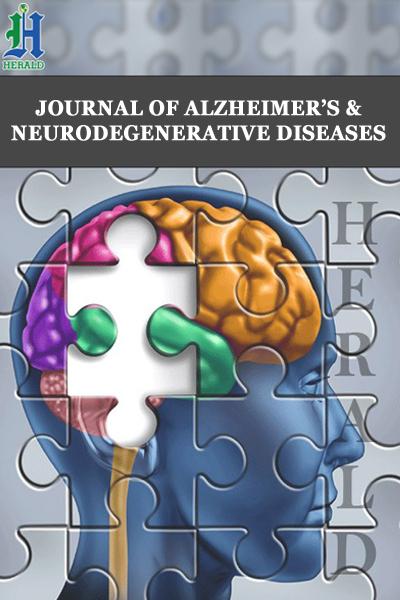
Neuroinflammation
Neuroinflammation is a central feature of many neurodegenerative diseases, including Alzheimer’s disease, Parkinson’s disease, frontotemporal dementia, and ALS. It involves the activation of glial cells—particularly microglia and astrocytes—in response to neuronal injury or protein aggregation. While acute neuroinflammation can be protective, chronic and dysregulated inflammation contributes to disease progression through the release of pro-inflammatory cytokines, reactive oxygen species, and neurotoxic molecules. In Alzheimer’s disease, for instance, amyloid-beta plaques can trigger microglial activation and sustained inflammatory responses that worsen synaptic dysfunction and neuronal loss. Genetic studies have identified inflammation-related risk factors such as TREM2 variants. Novel imaging techniques and fluid biomarkers are enabling the in vivo monitoring of neuroinflammatory processes.
Therapeutic strategies targeting glial modulation and inflammatory pathways are under active development, including small molecules, immunotherapies, and gene-based approaches. The Journal of Alzheimer’s & Neurodegenerative Diseases encourages research that advances our understanding of immune responses in the brain, the dual role of neuroinflammation in neuroprotection and degeneration, and the translation of these findings into clinical applications for diagnosis and treatment.

